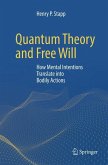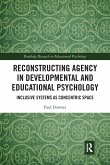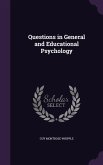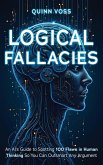This book is a very comprehensive and practice-oriented guide that bridges the gap between cognitive neuroscience, psychology, and education. In order to effectively serve diverse learners, the book examines how insights from brain research might be utilized and improved in training, classroom procedures, teaching and learning tactics, and intervention models. This handbook offers educators, school psychologists, education psychologists, neurologists, neuropsychiatrists, researchers, and education students easily understandable frameworks and evidence-based tools for implementing brain-based teaching and learning principles in practical educational settings. It does this by drawing on the most recent findings in neuropsychology and cognitive neuroscience. The book is organized into four key units: foundational brain science for educators, brain-compatible teaching and learning strategies, neuropsychological perspectives on learning differences, and future directions in educational neuropsychology. Topics include executive function, memory, higher order cognitions, emotional regulation, neurodevelopmental disorders, and the impact of trauma on learning. It also addresses the integration of assessment and intervention, and emphasizes collaborative approaches between educators and healthcare professionals. By demystifying complex neuropsychological concepts and translating them into actionable strategies, the book empowers professionals to make informed, inclusive, and scientifically grounded decisions that improve student outcomes. This topic is of growing importance as the education field increasingly recognizes the value of interdisciplinary collaboration and neuroscience-informed practices. Amid rising concerns about student mental health, learning disabilities, and the need for personalized instruction, this book offers timely and practical guidance. The primary audience—educators, clinical practitioners, education administrator, and graduate-level students—will find this resource indispensable for its clarity, depth, and direct application to daily professional practice. Whether used as a reference, training manual, or academic text, Educational Neuropsychology meets the urgent need for a resource that aligns cognitive science with educational equity and innovation.
Bitte wählen Sie Ihr Anliegen aus.
Rechnungen
Retourenschein anfordern
Bestellstatus
Storno








